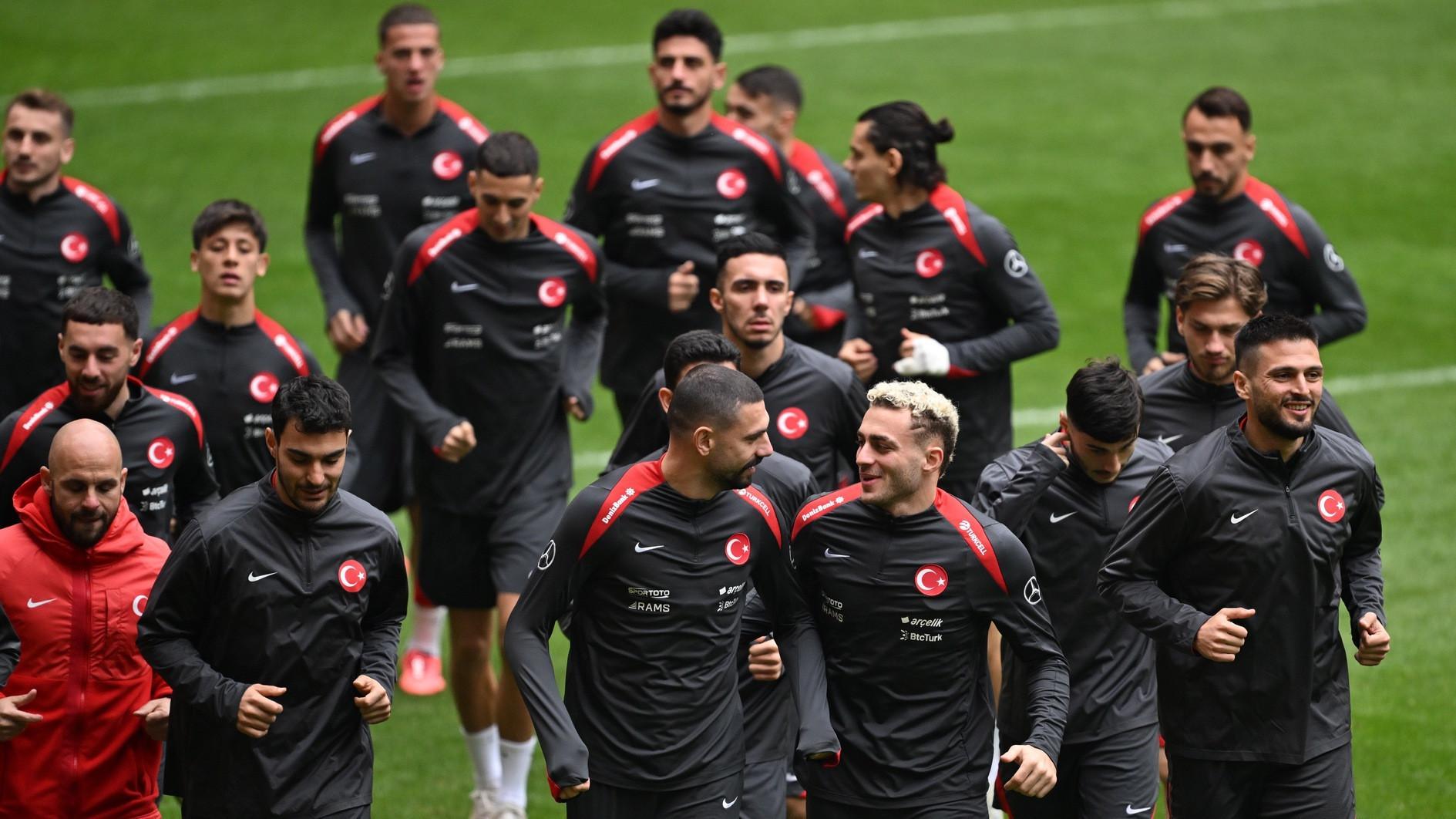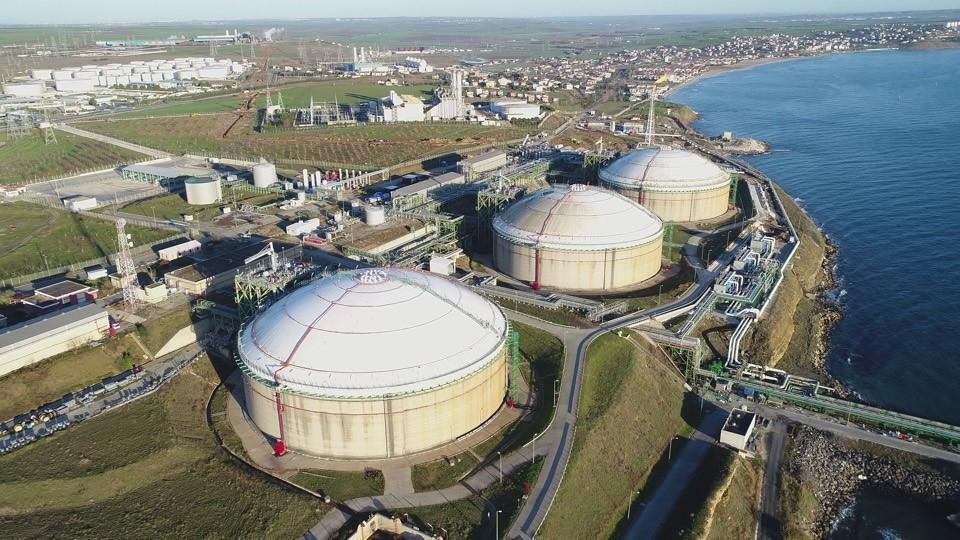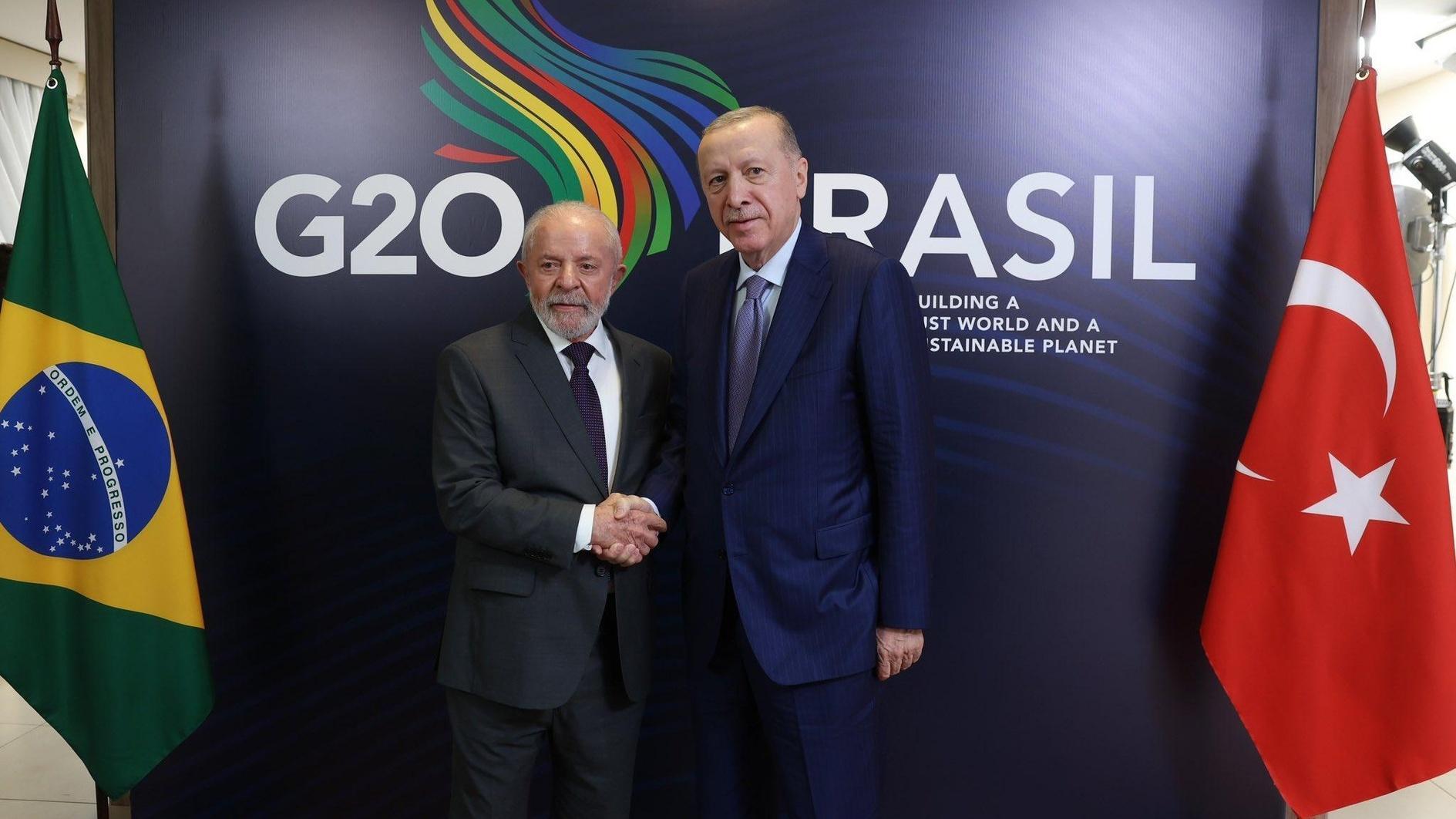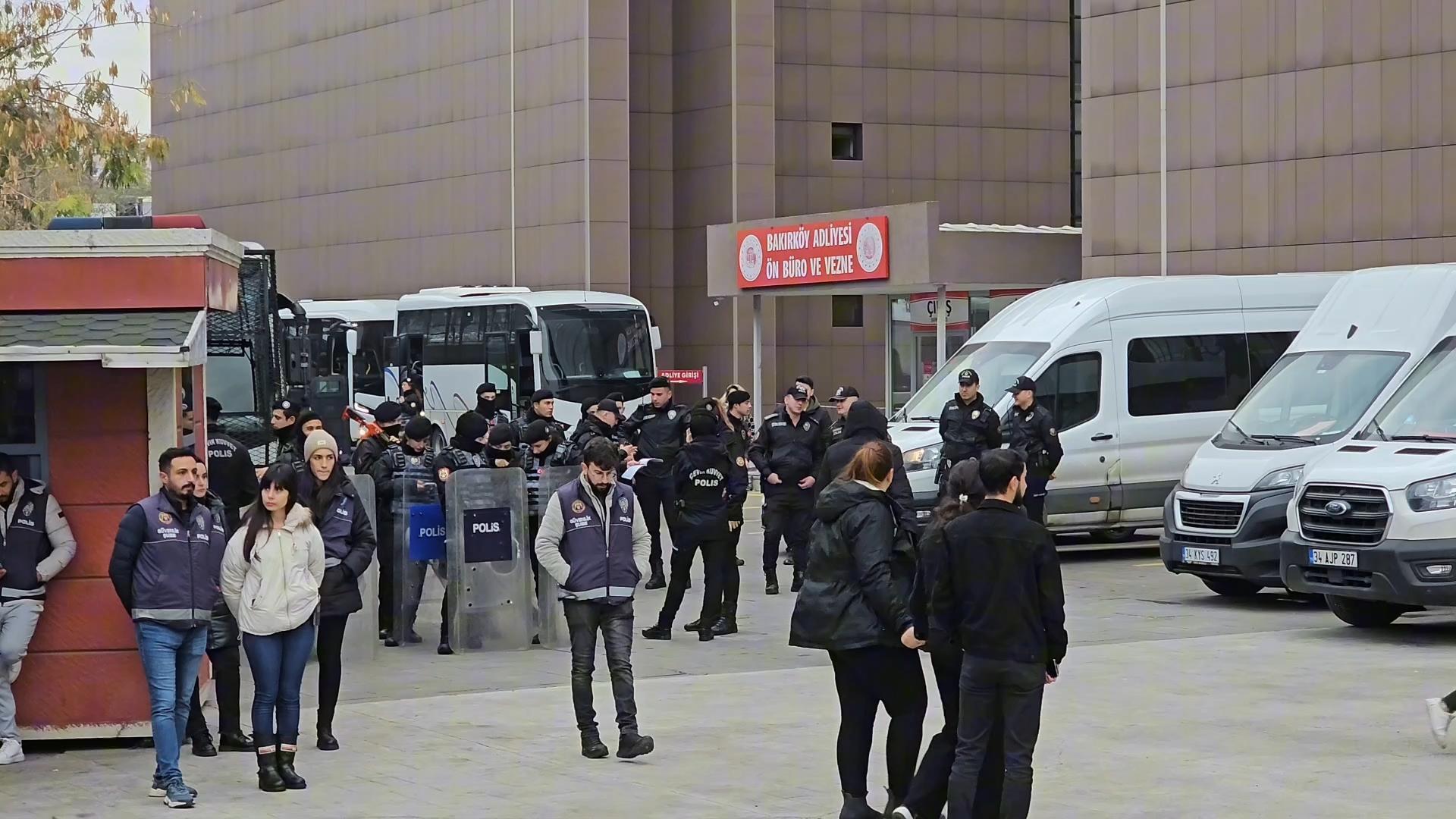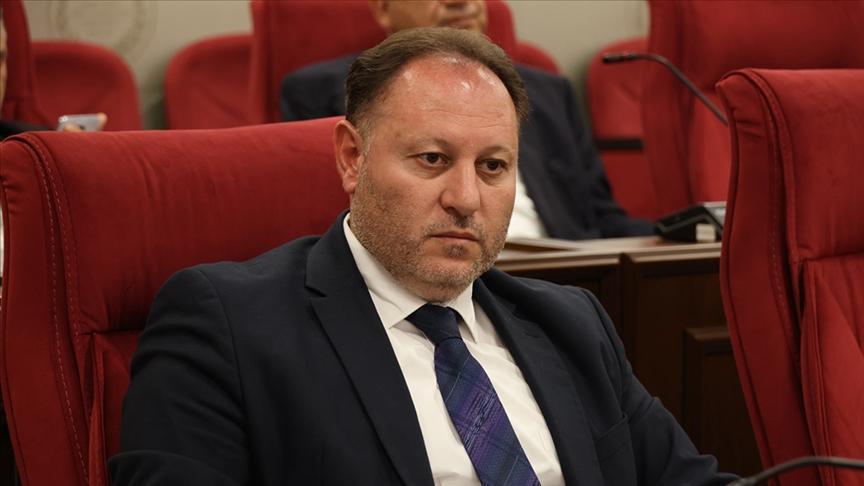Does this road go to the peace process?
The coup attempt on July 15 targeted not only President Tayyip Erdoğan and the government, but all politicians and Turkish people. The fact that the Turkish parliament was bombed indicated that the putschists targeted all political parties and the public’s will.
It was exactly this common fate which unified the Justice and Development Party (AKP), main opposition Republican People’s Party (CHP) and opposition Nationalist Movement Party (MHP) and pushed millions of people across all factions out to the streets, squares and the democracy rally in Istanbul’s Yenikapı last Sunday.
Kurds have probably been the ones who have felt this trauma most deeply, since they are the segment who suffered most from and have sacrificed the most lives to the coup d’états in the past. This is why Kurds in the southeast of Turkey have poured into the streets. According to the latest survey by Konda research center, Kurds composed 12 percent of the masses protesting against the coup attempt on the streets. Taking into account that Kurds form mostly 20 percent of the population, this is an incredibly high percentage.
It is this common fate which also made HDP, the pro-Kurdish Peoples’ Democratic Party, the first political party declaring an anti-coup statement in Turkey and led Selahattin Demirtaş, the HDP co-chair, to call for democracy rallies around the country.
There is an additional factor which makes the Kurds even a stronger party to this common fate: The peace process which aimed to resolve the Kurdish question in 2013-14.
The main factor which collapsed this process was the numerous provocations it faced. The arrests of Kurdish individuals accused of links with the Kurdistan Communities Union (KCK); the leak of the recordings from the “Oslo Process,” (meetings between high-level representatives from the National Intelligence Agency (MIT) and top outlawed Kurdistan Workers’ Party (PKK) leaders); the “Habur crisis,” which erupted because the PKK overplayed its hand when numerous PKK members were returning home; the “Paris massacre” (the execution of three Kurdish women in a PKK information center in Paris) and the “Feb. 7 crisis” which aimed the detention of Hakan Fidan, the head of the MIT... All of these provocations - apparently backed by the Fethullahist Terrorist Organization (FETÖ) - ultimately destroyed the process.
Hence the biggest loss the Gülenist movement has caused to Turkey was certainly the peace process, in other words Erdoğan’s Kurdish policy. This, in turn, constitutes the strongest common ground between Erdoğan and the Kurdish public.
Now that the fight against FETÖ has escalated, this commonality has become much stronger - which might open a new door to the solution of the Kurdish question. Moreover, the fact that the biggest impediment in front of the peace process is just about to disappear, clears the way for the new one.
On the other hand, the new spirit of unity emerging in Turkey in the aftermath of July 15 provides an unprecedented opportunity for the construction of peace. The moment we are currently in is certainly the optimum point to achieve it. Beyond all these, achieving non-violence inside Turkey would be the best precaution and reply vis-a-vis the putschists who mainly aimed at chaos and instability within the country.
Yet HDP’s exclusion from this new reconciliatory environment prevents all of these potential gains. That the HDP was not invited first to Erdoğan’s summit with the opposition leaders and then to the Yenikapı rally, stonewalls this golden opportunity.
In my recent interview with Deputy Prime Minister Numan Kurtulmuş, he emphasized that if a fresh page was going to be turned over, it was the HDP’s responsibility to do it. “The HDP needs to reveal that it has put distance [between the party and] the PKK,” he added.
Along similar lines, Demirtaş said last week, “Turkey is not the same as it was before the July 15 coup attempt. This new situation needs to be turned to good account.” However right after that Cemil Bayık, a senior PKK figure, warned that they would “spread the war to the cities,” which was immediately followed by PKK attacks in the southeast.
Osman Baydemir, a senior HDP figure and former mayor of southeastern Diyarbakır who I talked to yesterday, strongly signaled that they were ready for a new term.
He strongly condemned the recent PKK attacks by saying they created “a big trauma” and that “there could be no excuse for any attack which takes away the right to live.” With regard to Bayık’s statement, he said: “Our position is crystal clear. Any step calling for violence is wrong. According to the HDP, the solution lies within parliament, in legal politics; not in violence.” He added that excluding the HDP from the new reconciliation means excluding not only its 6 million Kurdish voters, but also excluding the solution. “This would only strengthen the hands of the ones who seek a solution with arms,” he added.
When I reminded him of the accusations that the HDP had sided with PKK’s recent policy of digging ditches in the southeast, he replied, “It is exactly this issue if HDP needs to criticize itself on one. Despite all our efforts, we have not been able to prevent the war. We couldn’t afford it.” When I reminded him of the HDP deputy who was alleged of carrying arms in its car to the PKK, Baydemir said this was a provocation of the putschists just like many others.
He also underlined that the HDP needed to be involved in the draft of the new constitution “since the Kurdish question is first and foremost a constitutional question.”
His main message was that Turkey needed to resume the peace process and provide Abdullah Öcalan, the PKK’s leader, with a role again. “We are going through a most critical period. This ground is prone to huge provocations which the putschist could easily abuse. We need to achieve peace in order to avert them and the putschist mechanics,” he said.



